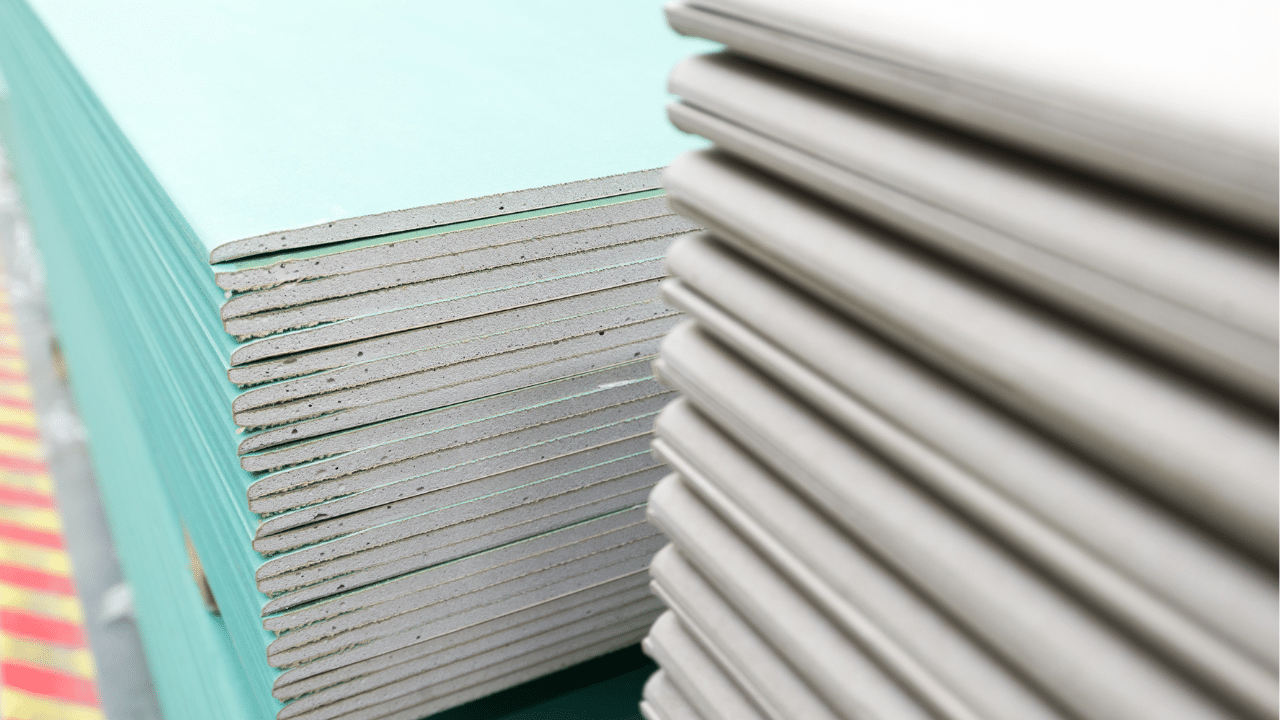Keep anti-dumping duties on Thai gypsum boards, gov’t urged

Local players have urged the Tariff Commission to impose safeguard duties on drywall imports from Thailand. INQUIRER.net stock images
MANILA, Philippines – The Tariff Commission has been urged to continue imposing safeguard duties on drywall imports from Thailand following a surge in imports and a 30-percent drop in local production over the past two years.
Mark Dewey Sergio, managing director of Knauf Philippines, raised the issue during a hearing on Monday, citing the negative impact on the local industry.
“We have reason to believe that the threat will continue,” he said.
DTI slaps antidumping duty on Thai gypsum boards
The Department of Trade and Industry (DTI) earlier imposed a provisional anti-dumping duty on gypsum board imports from Thailand, after its initial investigation found that the local industry indeed suffered a drop in market share.
The provisional anti-dumping duty in the form of a cash bond would be in effect for four months from November 2024.
Gypsum board, also known as drywall, plasterboard or wallboard, is a widely used construction material for walls and ceilings.
Sergio noted that Thailand’s drywall manufacturers have been struggling with declining capacity utilization in recent years, prompting efforts to improve efficiency and maximize production.
By the end of 2024, their utilization rate was estimated at just 57 percent, indicating significant excess capacity that may be driving increased exports to markets like the Philippines.
A decline in capacity utilization means the industry is producing less than it could, often due to lower demand or increased competition from imports.
In addition to Monday’s hearing, the commission scheduled sessions from Tuesday to Friday.
Stakeholders have 10 calendar days after the public hearing concludes to submit their position papers.
Investigation
The petition was endorsed to the commission on November 11 last year, with the formal investigation beginning 11 days later.
If safeguard duties are imposed, they could help level the playing field for local manufacturers by making Thai drywall imports less competitive in price.
In past cases like this involving other goods, proponents have argued that this measure is necessary to prevent further declines in domestic production and protect jobs in the local industry.
However, opponents of safeguard duties have warned that restricting imports could limit supply and drive-up prices for consumers.
